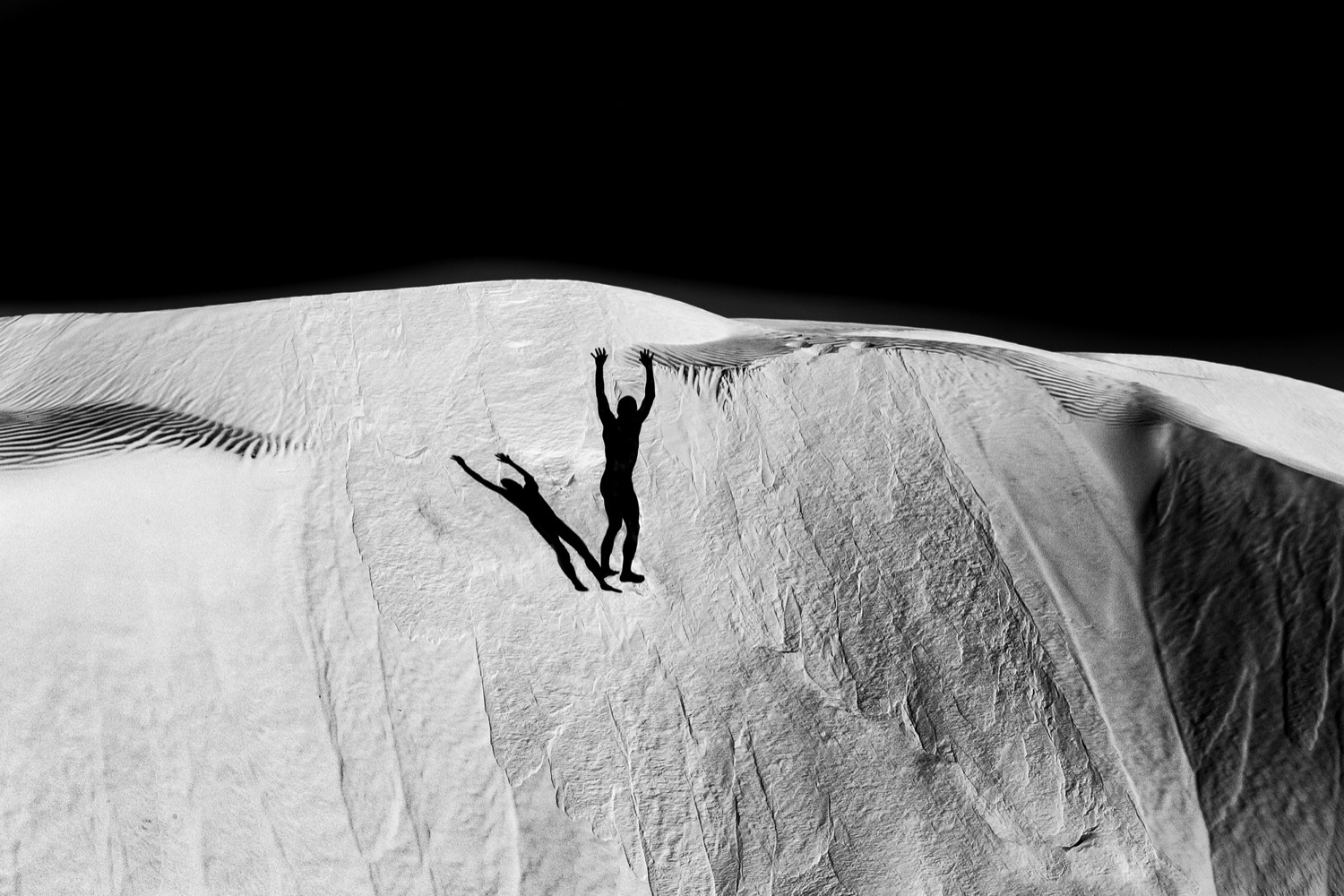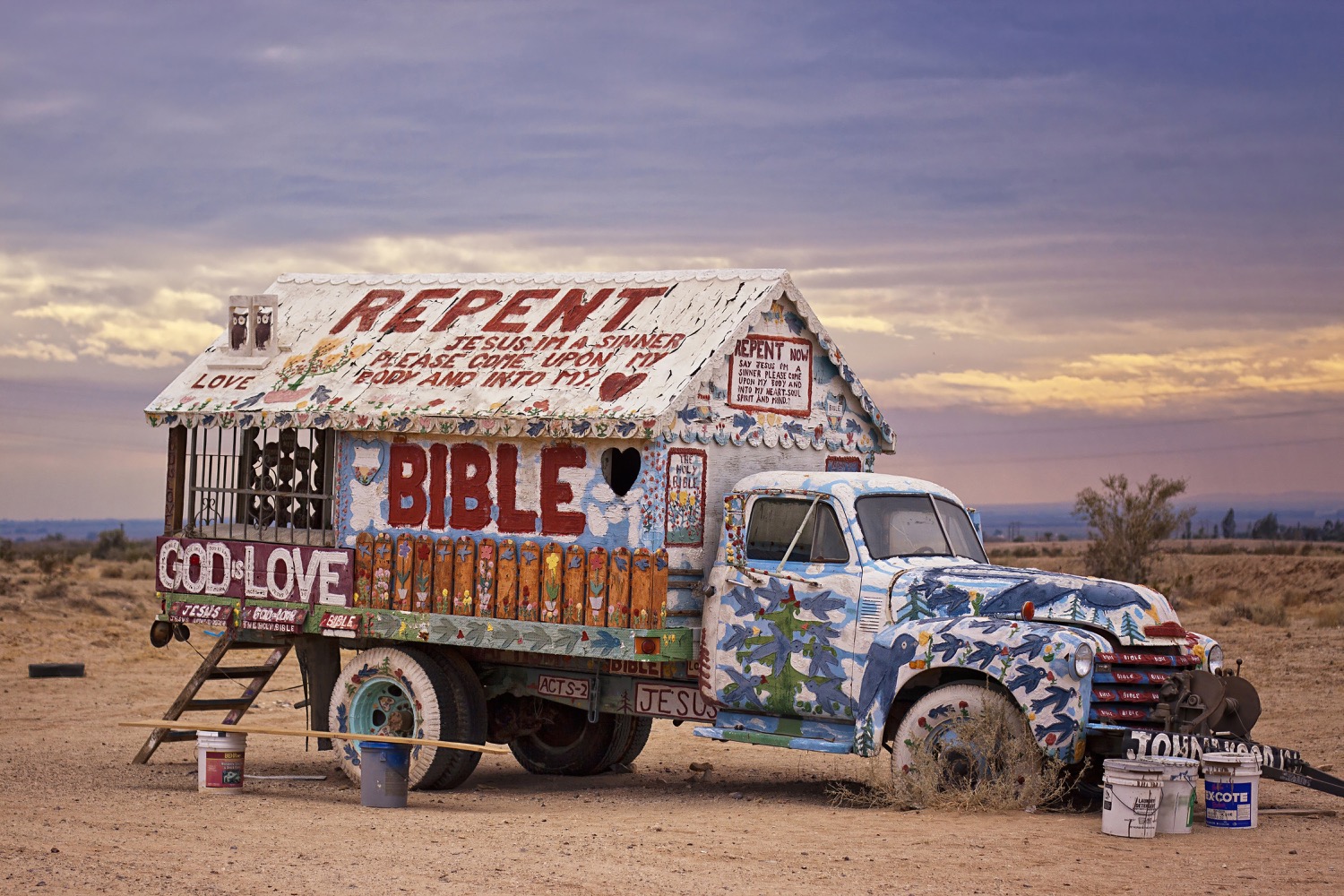
Fotofestiwal brings hope
Fotofestiwal
Hope demands action; action is not possible without hope.
Press Fotofestiwal

Inspired by the words of American writer and activist Rebecca Solnit that "hope demands action; action is not possible without hope," we invited curators and artists to create 7 group and solo exhibitions.
Most of them were produced especially for the 22nd edition of Fotofestiwal and address the most current social issues, including the climate crisis, wars, the rising tide of populism and nationalism, and the struggle for minority rights. Selected artists also represent a contemporary visual language, within which photography is sometimes only a prelude to action or a summary of complex participatory and collaborative processes.
In this part of the programme, we focus on inspiring characters, bold artists and united communities, who prove that hope does not mean believing naively that one day everything will be fine. Instead, they will show us that commitment and non-indifference, as well as caring for one another and for our nearest environment can be the best step towards regaining the lost sense of agency.
We will see documentary work depicting various forms of resistance, support, and cooperation in Eastern and Western Europe, South America, and Middle East. In addition to that, examples of visual activism and social art will be presented, as well as works of artists fighting for the inclusion of various different narratives into the stories about the world.
Yet again, we have invited curators from two photography festivals we support: Month of Photography in Minsk (Belarus) and Odesa Photo Days (Ukraine) to work with us on the programme of Hope. Both those events cannot be organised in their mother countries due to political reasons.
In our programme, hope is demonstrated by the will to act, activism, and commitment. Additionally, the works selected for the exhibition prove that even in the times of the deepest darkness and in the cracks of uncertainty, we can develop some hidden positive scripts.
Marta Szymańska, Krzysztof Candrowicz
Nadège Mazars
Mama Coca
Mama Coca is photographic research that hints at breaking the prejudice, largely generated by coca either for the Nasa or for Inca and other communities living in the Andes in South Americ. Four letters are at the center of a recent lawsuit that has the multinational Coca-Cola confronting an organization that markets food, drinks, aromatic herbs and natural medicines from the legal processing of coca leaf grown for over 300 years in the mountains of Colombia. In the department of Cauca, the Indigenous Guard (Kiwe Puya’ksa in the Nasa language) was created 21 years ago to support indigenous territorial and political autonomy. Nadège Mazars’s documentary traces the different methods the indigenous guard has devised to teach men, women and children the political and spiritual responsibility they have as a community to ensure that their traditions are respected by Colombians and Americans alike.
curator: Sergio Valenzuela Escobedo

Eléonore Lubna / Louis Matton
Ipáamamu – Stories of Wawaim
Ipáamamu – Stories of Wawaim is a collaborative photographic investigation carried out forty years after the failure of the filming of Werner Herzog’s Fitzcarraldo in the Alto Marañon region of Peru. The “Herzog event”, is considered as an example in the crystallisation of the colonial gaze, questioning how the complex process of building a collective identity for the Awajúns and Wampis evolves with each new struggle. Starting from their refusal to become an image of a painful part of the history of the colonised Amazonian rainforest; Matton, Lubna and the members of the Wawaim Native Community wish to tell together the political, strategic and cultural means used by the indigenous people in their permanent battle to defend their cosmopolitics.
curator: Sergio Valenzuela Escobedo

Ritual Inhabitual Collective
Oro verde
Oro verde is a mytho-documentary that traces the history of the revolution of the P’urhépecha people in the central region of the state of Michoacán in Mexico. The project focuses on a social revolt initiated by women who succeeded in driving out of Cherán one of the many violent drug cartels that are taking over Mexico’s avocado industry. Based on the claim to self-determination of indigenous peoples who place environmental protection at the center of their political organization, González and Grisanti elaborated a narrative of the uprising by focusing on a ritual that the P’urhépecha maintain with the wild bees of the forests they protect.
curator: Sergio Valenzuela Escobedo

On the Verge | group show
The big issues of our time – climate change, wars, migration crises, human rights, pandemic, growing social responsibility and waves of protest around the globe, genetic engineering, artificial intelligence, bitcoin economy, metaverse or possible cities on Mars are characterizing our days, having a huge impact on the perception of life and the chapter of history we are living. But what does the impact look and feel like, how does it affect the way we create, approach, and conceive arts and photography?
On the Verge features seven young photographers selected from the FUTURES Photography network. The projects presented by Cian Burke, Mark Duffy, Pauline Hisbacq, Julia Klewaniec, Alice Pallot, Daniel Szalai and Ugo Woatzi tell personal and collective stories concerning conflicts, struggles for gender equality, food and ecological sustainability, and the rise of populism and nationalism throughout Europe. All artists present an attitude full of commitment, responsibility and non-indifference. The main question of the exhibition is what kind of art do we need in times of traumas? In times of desperate search for hope?
Curators: Marta Szymańska (Fotofestiwal Łódź, Poland) Giangavino Pazzola (CAMERA – Centro Italiano per la Fotografia, Italy), Maja Dyrehauge Gregersen (Copenhagen Photo Festival, Denmark).
Fotofestiwal 2023
In 2023 Fotofestiwal will start on Thursday, June 15, right after the long weekend and will last until June 25th.
https://fotofestiwal.com/2023/en/
.svg)
.svg)
.svg)







